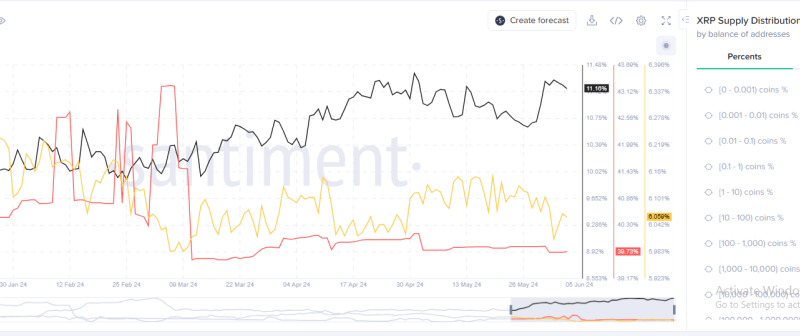Central Bank Digital Currency Bill Revived by Tom Emmer


The post Central Bank Digital Currency Bill Revived by Tom Emmer appeared first on Coinpedia Fintech News
Republicans have chosen Tom Emmer, the party’s representative from Minnesota, as their nominee for the position of House Speaker. This decision marks the third attempt by the GOP in recent weeks, as their previous two candidates failed to secure enough support in Congress.
Emmer, who has long been a vocal advocate for cryptocurrency, is viewed as a promising choice by the crypto community. He has consistently championed the cause of cryptocurrency companies, put forth industry-friendly proposals, and criticized those he believes hinder innovation in the sector.
His track record of supporting digital assets and challenging the SEC’s regulatory approach has made him an essential figure in the crypto ecosystem. Notably, he expressed his support for cryptocurrency after a historic Ripple ruling in July, stressing the importance of distinguishing tokens from investment contracts.
On September 12, Emmer revived the Republican-backed Central Bank Digital Currency (CBDC) Bill. This legislation aims to prevent the Federal Reserve and its member banks from issuing a digital version of the dollar and using it to implement monetary policy to safeguard Americans’ financial privacy rights.
The congressman, who originally introduced the bill to address CBDCs in January 2022, stressed the significance of the legislation in curbing the power of unelected bureaucrats and ensuring that US digital currency policy upholds values such as privacy, individual sovereignty, and free-market competitiveness.
Several other cryptocurrency-related bills are awaiting action in Congress, including the Responsible Financial Innovation Act proposed by Senators Cynthia Lummis and Kristen Gillibrand. The cryptocurrency community will be closely watching the developments surrounding Emmer’s nomination as House Speaker, as it could significantly impact the regulatory environment for digital assets in the United States.
 NEW: Pro-crypto Congressman
NEW: Pro-crypto Congressman 

